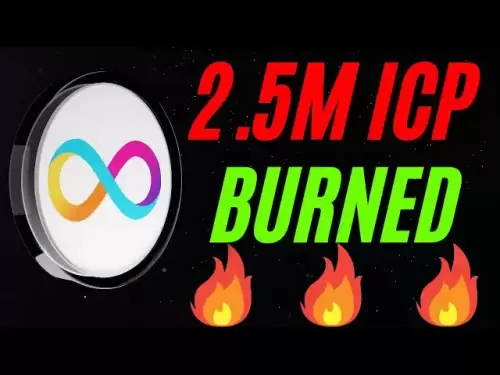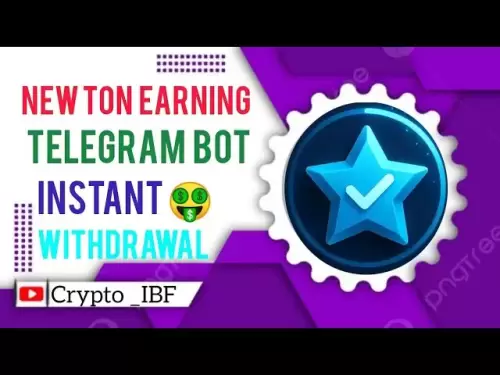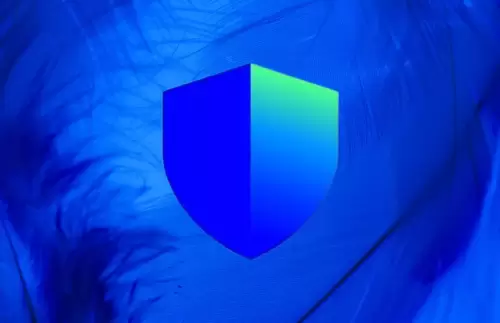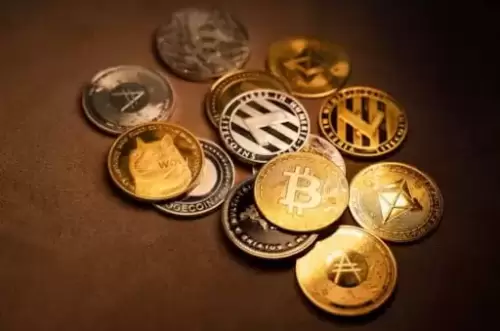 |
|
 |
|
 |
|
 |
|
 |
|
 |
|
 |
|
 |
|
 |
|
 |
|
 |
|
 |
|
 |
|
 |
|
 |
|

The video game industry has seen rapid evolution with 3D graphics, online gaming, and virtual reality transforming the players' experience. Each advancement has pushed the boundaries of interactive entertainment. Today, a new revolution is brewing. Blockchain technology is introducing decentralization, digital ownership, and unprecedented economic models. It allows players to truly own their in-game assets and fosters new economic interactions. Its potential goes beyond gaming by bringing more transparency and autonomy to users. This article explores the impacts of this technology on the gaming industry and explains why it is redefining the rules of the game.
The blockchain and Web3 are redefining the digital architecture by offering alternatives to centralized models. Their impact goes beyond the financial framework and touches sectors such as video games. To understand their role, it is necessary to examine their operation and influence on the evolution of the Internet.
What is Blockchain?
Blockchain is a technology for storing and transmitting data. It operates without a central authority and is based on a decentralized ledger. Each transaction is recorded in a block, which is added to a chain of blocks. This structure guarantees the immutability of information.
Distributed ledgers allow for data security. Each participant has an identical copy of the ledger. This operation prevents fraudulent manipulations. A modification of a block must be validated by the entire network. This transparency enhances trust and reduces the need for intermediaries.
Decentralization is a fundamental principle of blockchain. Unlike traditional systems where a single entity controls the data, blockchain relies on a consensus among users. This approach eliminates points of failure and increases the resilience of the network.
The concept of Web3
Web3 represents a new generation of the Internet. It marks a break from Web2 by offering decentralized governance and better management of personal data. The evolution of the Internet reflects a transition from the current model to a more open and transparent infrastructure.
Web2 rests on centralized platforms. Large companies store and exploit user data. This model has facilitated the creation of digital services but raises issues of privacy and control. Users have no power over their information.
Web3 relies on blockchain to redistribute power. Data is no longer stored on servers controlled by a single entity. They are spread across a decentralized network. This change allows users to regain control over their digital identity.
Blockchain guarantees data ownership. In Web3, each user owns their digital assets in the form of tokens. This model offers total autonomy and reduces dependence on intermediaries. Players and content creators can monetize their activities without going through centralized platforms.
The contributions of blockchain to the video game industry
Blockchain is transforming the video game industry by bringing new economic models and unprecedented features. It changes the way players interact with games and own their digital assets.
Digital Ownership and In-Game Assets
Blockchain introduces a new concept of digital ownership. It allows players to truly own their virtual items through non-fungible tokens (NFTs).
NFTs are unique assets stored on the blockchain. They guarantee the authenticity and rarity of a digital item. In video games, they represent characters, equipment, or virtual land. Unlike traditional in-game items, they belong to the players and not to the publishers.
Some games are already integrating NFTs to offer a more immersive experience. Decentraland allows users to buy and sell parcels of land in the form of NFTs. The Sandbox offers a similar model by allowing players to create and monetize virtual content.
This digital ownership brings several advantages. Players can exchange their assets on external marketplaces. The rarity of certain items increases their value, creating a real market. Monetization becomes possible, giving players more control over their investments in the game.
Innovative Economic Models
Blockchain has given rise to new economic models in the gaming universe. It redefines how players interact with games and generate income.
Play-to-Earn (P2E)
Play-to-Earn (P2E) allows players to earn crypto or NFTs by playing. This model is based on an internal economy where in-game items have real value.
Axie Infinity is one of the most emblematic games of P2E. Players breed and battle digital creatures called Axies. Each Axie is an NFT that can be bought, sold, or traded. The game rewards participants with tokens exchangeable for real currencies.
In the Philippines, Axie Infinity has experienced considerable growth. Many players have used this game to generate a stable income. However, the viability of the model has raised questions. The high speculation and collapse of token prices have highlighted the limits of P2E.
This model has opened up opportunities for players in developing countries. It has allowed financial inclusion for those without access to traditional banking systems. Despite its challenges, P2E continues to evolve and adapt to new economic realities.
Play-and-Own (P&O)
Play-and-Own (P&O) stands out from P2E by emphasizing ownership of assets rather than financial gains. It allows players to own their digital items without being compelled to
免責事項:info@kdj.com
提供される情報は取引に関するアドバイスではありません。 kdj.com は、この記事で提供される情報に基づいて行われた投資に対して一切の責任を負いません。暗号通貨は変動性が高いため、十分な調査を行った上で慎重に投資することを強くお勧めします。
このウェブサイトで使用されているコンテンツが著作権を侵害していると思われる場合は、直ちに当社 (info@kdj.com) までご連絡ください。速やかに削除させていただきます。



















![「Colorblind」by:Robzombie_Level Complete 100%(1コイン)[ハードレベル]。 「Colorblind」by:Robzombie_Level Complete 100%(1コイン)[ハードレベル]。](/uploads/2025/06/17/cryptocurrencies-news/videos/colorblindrobzombielevel-complete-coin-hard-level/6850630484c02_image_500_375.webp)








































